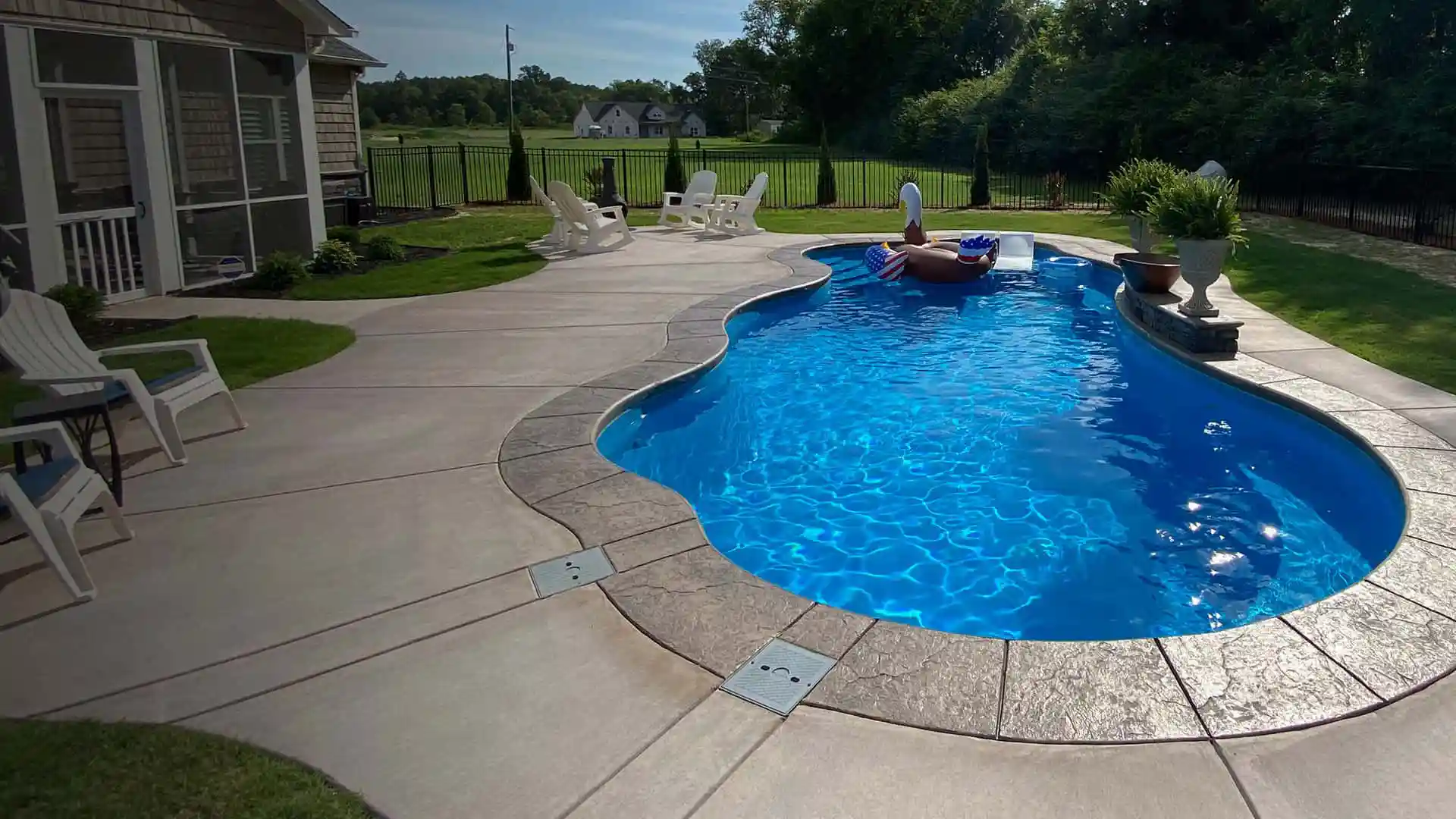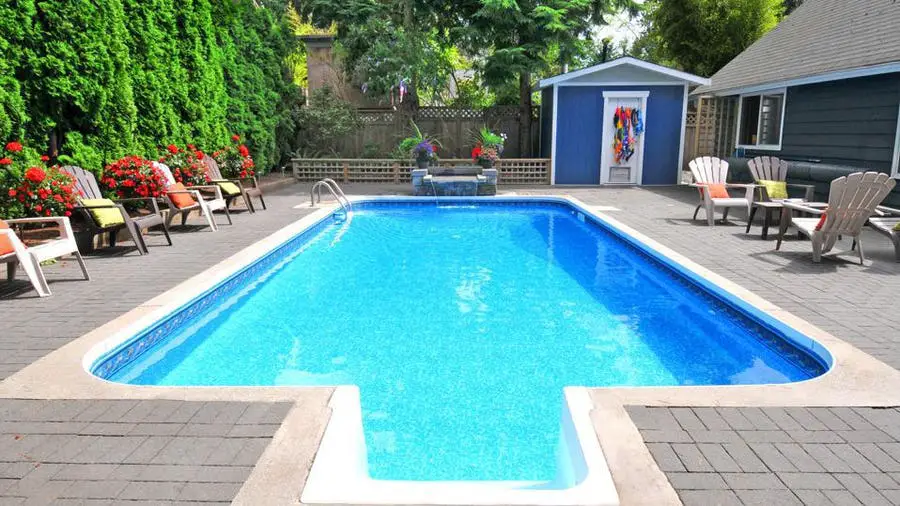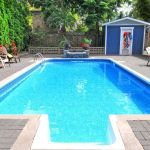Installing an inground pool is a significant investment that can add value and enjoyment to your property. From the initial construction to ongoing maintenance, there are several factors that contribute to the overall cost of installing an inground pool.
Factors Affecting Inground Pool Installation Costs
There are several factors that influence the cost of installing an inground pool. The size, shape, and material of the pool, as well as the features and accessories, all play a role in determining the final price.
Size And Shape
The size and shape of the pool are major determinants of the installation cost. Larger pools require more materials and labor, which can significantly impact the overall expense. Additionally, custom shapes or designs may incur higher construction costs compared to standard rectangular or oval pools.
Pool Material
The material of the pool also affects the cost. There are various options including concrete, fiberglass, and vinyl, each with its own associated expenses. While concrete pools are known for their durability and flexibility in design, they tend to be more expensive to install. Fiberglass pools, on the other hand, offer quicker installation but may have limited design options.
Features And Accessories
Adding features and accessories such as waterfalls, lighting, heating systems, and pool covers can further escalate the cost of installation. These elements not only enhance the aesthetics and functionality of the pool but also contribute to the overall expense.
Cost Breakdown
On average, the cost of installing an inground pool can range from $35,000 to $65,000, with the total expense depending on the aforementioned factors. Here is a breakdown of the estimated costs:
| Cost Category | Estimated Cost Range |
|---|---|
| Construction | $20,000 – $50,000 |
| Pool Material | $10,000 – $30,000 |
| Features and Accessories | $5,000 – $15,000 |

Credit: homeguide.com
Additional Expenses
It’s important to consider additional costs beyond the initial installation. These may include landscaping, fencing, decking, and ongoing maintenance. Budgeting for these supplementary expenses is crucial for proper planning and a realistic assessment of the total investment.

Credit: www.parrotbaypoolsnc.com
Conclusion
Installing an inground pool involves various expenses based on the size, material, and additional features. Understanding the factors that influence the cost enables homeowners to make informed decisions and budget accordingly. Consultation with pool professionals and careful consideration of individual preferences are essential in determining the overall cost and achieving the desired pool installation.





